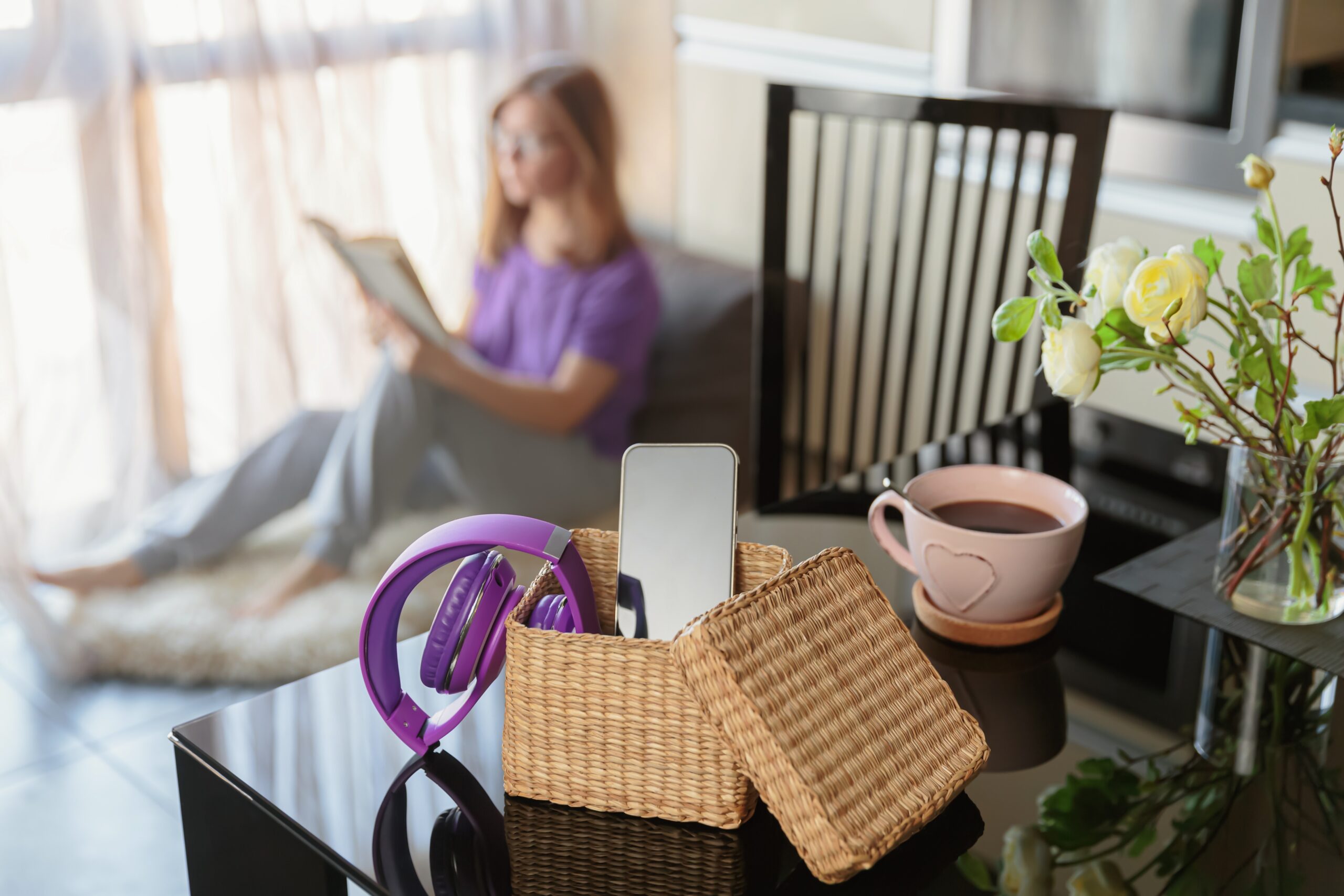
Digital Detox: How Unplugging Can Improve Your Teen’s Mental Health
July 22, 2024
In the digital age, screen time is a part of everyday life. For teens, it’s often a major part.
Yet, too much screen time can impact teen mental health. It can lead to anxiety, depression, and sleep issues.
This article explores the concept of a digital detox—a break from screens that can significantly improve your teen’s mental health. We’ll examine the correlation between excessive screen time and mental health problems and discuss the benefits of a digital detox for teens.
Join us as we navigate the digital landscape. Let’s find ways to unplug and improve your teen’s mental health.
Understanding Teen Mental Health and Screen Time
Teenagers today are digital natives. They’ve grown up with smartphones, tablets, and computers. These devices offer many benefits. They provide access to information, entertainment, and social connections.
However, excessive screen time can have negative effects. It can lead to mental health issues in teens.
Research shows a correlation between screen time and mental health problems. These include anxiety, depression, and sleep disturbances.
Here are some key statistics:
- The average teen spends over seven hours a day on screens, not including schoolwork.
- Teens who spend five hours or more a day on their devices are twice as likely to show symptoms of depression.
- More than two-thirds of teens have a smartphone in their bedrooms overnight, impacting their sleep quality.
Understanding the link between screen time and teen mental health is the first step. The next step is learning how to manage it effectively.
The Rise of Digital Detox: What Is It?
A digital detox is when a person refrains from using electronic devices. It’s a chance to reduce stress, focus on social interaction, and live in the moment.
For teens, a digital detox can be a powerful tool. It can help them balance their online and offline lives. It can also improve their mental health.
The Correlation Between Screen Time and Mental Health Issues
Excessive screen time can have a negative impact on teen mental health. Studies have shown a correlation between high screen time and issues like anxiety and depression.
Constant exposure to social media can affect a teen’s self-esteem and body image. It can lead to feelings of inadequacy and social isolation.
However, it’s important to note that correlation does not imply causation. Other factors may also contribute to these mental health issues. It’s crucial to approach this topic with a nuanced understanding.
Benefits of a Digital Detox for Teens
Reducing screen time can have several benefits for teens. It can lead to better sleep, improved focus, and lower stress levels.
Here are some key benefits of a digital detox:
- Better Sleep: The blue light emitted by screens can disrupt sleep patterns. Less screen time, especially before bed, can lead to better sleep.
- Improved Focus: Without the constant distraction of notifications, teens can focus better on tasks at hand.
- Lower Stress Levels: Constant connectivity can lead to stress. Unplugging can help teens relax and reduce anxiety.
A digital detox can also improve family relationships and communication. It encourages real-world interactions and can lead to a healthier lifestyle overall.
Practical Tips for Implementing a Digital Detox
Implementing a digital detox can be a challenge, especially for teens who are used to being constantly connected. However, with the right approach, it can be done effectively.
Here are some practical tips to help your teen start their digital detox journey:
- Set Clear Boundaries: Define specific times for using digital devices and stick to them. This could be limiting screen time to certain hours of the day or setting tech-free zones in the house.
- Encourage Offline Activities: Promote hobbies and activities that don’t involve screens. This could be reading, playing a sport, or spending time in nature.
- Gradual Reduction: Instead of an abrupt change, gradually reduce screen time. This can make the transition easier and more sustainable.
The goal is not to completely eliminate screen time, but to create a healthier balance. It’s about quality, not just quantity.
The Role of Parents and Guardians in Managing Screen Time
Parents and guardians play a crucial role in managing their teen’s screen time. It’s important to set a good example with your own digital habits.
Open communication about online safety, content consumption, and the potential impact of excessive screen time on mental health is key. Encourage your teen to think critically about their digital usage and its effects. It’s not about enforcing strict rules, but about guiding them towards making informed decisions.
Recognizing Signs of Digital Addiction
Recognizing signs of digital addiction in teens is crucial for timely intervention. Watch for signs like feeling restless without screens, ignoring exercise, and doing worse in school. Early detection can lead to more effective management of screen time and improved mental health.
Creating a Balanced Lifestyle for Your Teen
Creating a balanced lifestyle for your teen is a key part of improving their mental health. This involves encouraging physical activity, hobbies, and face-to-face social interactions.
Here are some tips to help you achieve this balance:
- Encourage your teen to participate in sports or other physical activities.
- Promote hobbies that don’t involve screens, such as reading, painting, or playing a musical instrument.
- Arrange for regular family activities that promote bonding and communication.
- Encourage your teen to spend time with friends in person, rather than online.
- Discuss the importance of sleep hygiene and ensure your teen is getting enough rest.
Embracing the Digital Detox Journey
Embracing the digital detox journey is a step towards better mental health for your teen. It’s about balance, not total elimination. Remember, it’s a process that requires patience, understanding, and open communication. Celebrate small victories and continue to support your teen in this important journey towards improved mental health.
If you believe a digital detox is not going to help your teen with their cell phone addiction or depression, contact us at Hillcrest Adolescent Treatment Center. Our team can help you with next steps.

